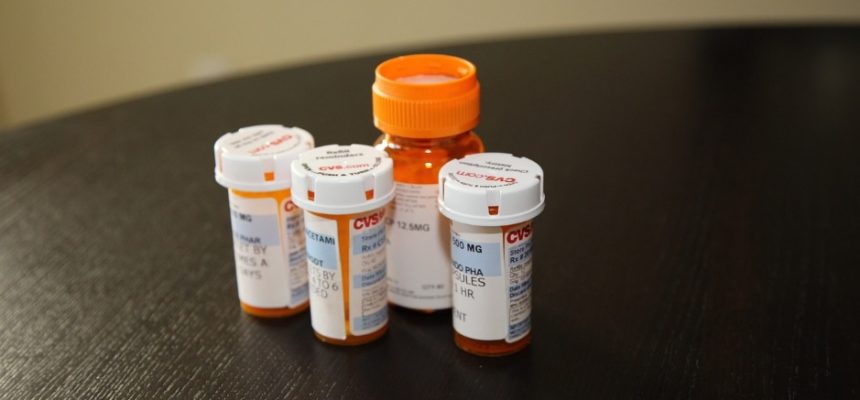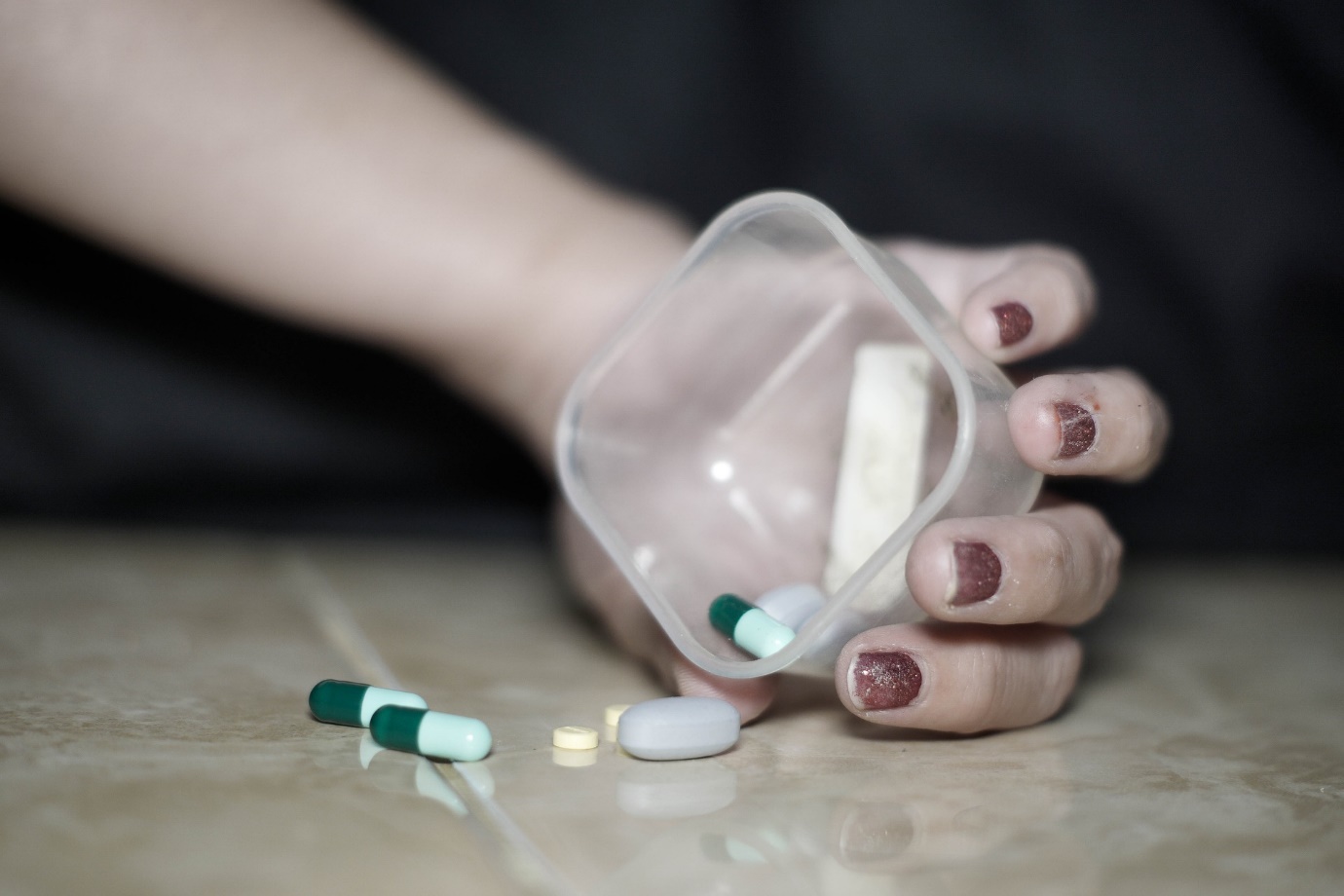
Prescription Drugs That Can Become Highly Addictive
For years, people have thought illicit hard drugs are the most dangerous ones, but recent research reveals that prescription drug abuse has swept over the nation like a raging pandemic. While many become addicted to prescription drugs by choice, sadly, some slide down the road of addiction unknowingly. This is why it’s crucial to adhere to the instructions that come with prescription medication. Taking them otherwise could lead to you or your loved one easily slipping down the path to addiction.
The Most Addictive Prescription Drugs You Need to Know
To better position yourself to understand and overcome prescription drug abuse, identifying the most addictive prescription drugs is vital. Here are the most common ones you need to know:
Opioids
According to the CDC, opioids rank among one of the most addictive prescription drugs on the planet. In fact, 70% of the close to 70,000 drug-overdose-related deaths in 2018 involved the abuse of an opioid. While a critical component of dealing with acute and chronic pain, the use of prescription opioids must be closely monitored, as they are highly addictive. Examples of opioids include:
- Hydrocodone (Vicodin) and Oxycodone (OxyContin, Percocet)
- Oxymorphone (Opana)
- Morphine (Kadian, Avinza)
- Codeine
- Fentanyl
These, and other prescription opioids (synthetic or natural) should be taken with great care, as they can be highly addictive. The abuse of opioids can cause slowed breathing, which, in turn, can lead to hypoxia. As a result, brain tissue and other vital organ tissues can get damaged.
Central Nervous System (CNS) Depressants
Mainly used to treat anxiety, sleep disorders, acute stress reactions, and to relieve muscle spasms, among other things, central nervous system (CNS) depressants are another class of highly addictive prescription drugs. Types of prescription drugs that fall under this category include sedatives, tranquilizers, and hypnotics. Examples of CNS depressants that have a higher likelihood of leading to prescription drug addiction are:
- Benzodiazepines (Valium, Klonopin, Xanax, Halcion, and Prosom, among others)
- Non-Benzodiazepine Sedative Hypnotics (Ambien, Lunesta, and Sonata, among others)
- Barbiturates (Mebaral, Luminal, Nembutal)

Continual use of CNS depressants can lead to addiction and an alteration in the way your brain functions. An overdose could lead to falling into a coma, brain damage, or even death.
Stimulants
Stimulants are prescription drugs that generally result in increased alertness and body activity. They are used to treat conditions such as attention-deficit hyperactivity disorder (ADHD) and narcolepsy. Because they increase the levels of dopamine and norepinephrine in the body, users experience a “rush,” feel great, and enjoy heightened focus and energy. This is what usually leads to prescription drug addiction. A few examples of prescription drugs that are classified as stimulants include:
- Dextroamphetamine (Dexedrine)
- Dextroamphetamine/amphetamine combination product (Adderall)
- Methylphenidate (Ritalin, Concerta)
Abuse of stimulants can lead to a dangerously high body temperature, an irregular heartbeat, heart failure, seizures, and even death.
How Do People Misuse Prescription Drugs?
One question many ask is how it’s possible to abuse prescription drugs. The definition of misuse of a prescription drug includes taking medicine:
- In a way or dose other than prescribed
- That wasn’t prescribed to you
- For the effect it causes (getting high)
While prescription drugs are given to solve a problem, misuse is dangerous and can lead to bigger problems. That’s why it’s important to follow your prescribing physician’s instructions to the “T.”
Steps to Take to Become Free of Prescription Drugs
Are you or a loved one addicted to prescription drugs? Prescription drug addiction is as dangerous as being addicted to illicit (hardcore) drugs. That’s why you must get help for yourself or your loved one. The first step to breaking free is to seek help from a professional, dedicated rehab center. For more information on how to beat prescription drug addiction, check out our article on prescription drug abuse.
Sources:








